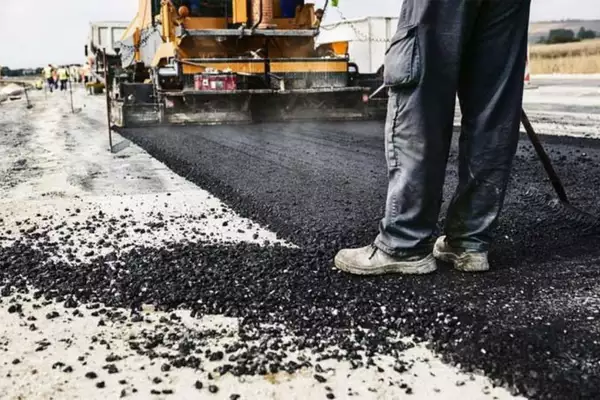The Ministry of Road Transport & Highways (MoRTH) recently issued new policy guidelines to promote Sustainable Road construction practices for National Highways.
Key details of the Policy Guidelines:
- The initiative aims to reduce the environmental impact of highway construction, which typically requires large amounts of soil, often sourced from agricultural land.
- Major challenges like environmental degradation caused by soil excavation and solid waste disposal in urban areas, can be tackled by using inert materials from urban solid waste.
- The policy encourages the use of inert soil generated from bio-remediation and bio-mining of legacy waste accumulated in urban dump sites.
- This soil has been successfully used in two pilot projects: the DND Sohna spur of the Delhi-Mumbai Expressway and the Ahmedabad-Dholera Expressway.
- With approximately 10,000 hectares of landlocked in dump sites across India, landfill sites are nearing capacity and pose serious environmental and health risks.
- Under Swachh Bharat Mission Urban 2.0 (SBM 2.0), about 1700 lakh tons of waste across 2304 dump sites have been mapped, which can be repurposed for highway construction.
- A study by the Central Road Research Institute (CRRI) confirmed its feasibility in highway embankments, subject to sampling and testing to ensure compliance with MoRTH specifications.
- For projects under DPR (Detailed Project Report) stage, consultants shall identify nearby dump sites via the Gati Shakti portal to explore the availability of inert material for use in the project.
- For projects in the bidding or construction stage, contractors are expected to collaborate with local municipal bodies to procure inert materials.
- In cases where bio-remediation and bio-mining facilities are not yet established, highway contractors may set up such facilities in collaboration with Urban Local Bodies (ULBs).
The cost of machines used for this purpose will be considered part of the mobilization advance under the contract terms.
Ref: Source
| UPSC IAS Preparation Resources | |
| Current Affairs Analysis | Topperspedia |
| GS Shots | Simply Explained |
| Daily Flash Cards | Daily Quiz |
Frequently Asked Question:
What are inert materials?
Inert materials are substances that do not react chemically under specific conditions. They are typically stable and do not participate in chemical reactions, making them useful in a variety of applications.
How are inert materials obtained from urban solid waste?
Inert materials, such as inert soil, are generated from processes like bio-remediation and bio-mining of legacy waste accumulated in urban dump sites. T



